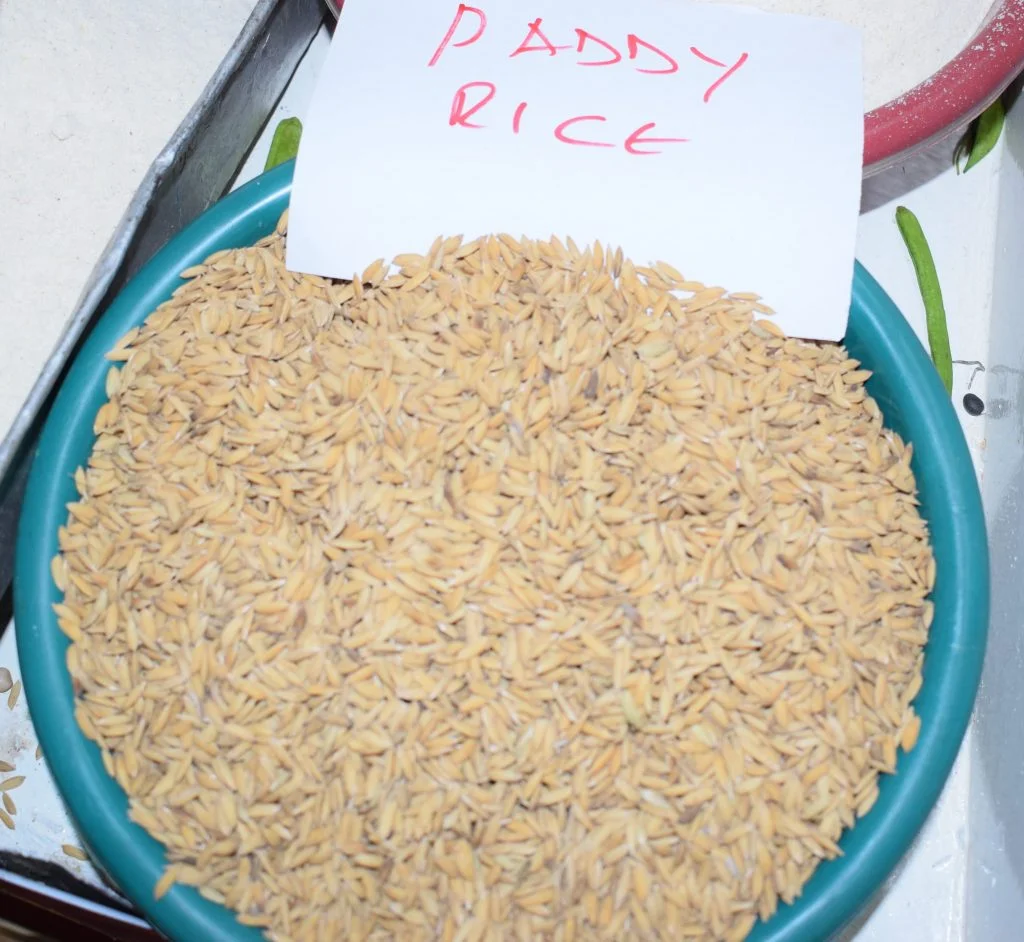Tags
Kenya and Korea Collaborate on Africa Rice Cultivation Complex in Mwea
Kenya and Korea Collaborate on Africa Rice Cultivation Complex in Mwea.

Kenya and the Republic of Korea are jointly advancing the development of the Africa Rice Cultivation Complex, a major agricultural initiative to be situated in Mwea, Kirinyaga County.
The Korean government, through the Korea Rural Community Corporation (KRC), is overseeing the construction of a 65-hectare Rice Seed Cultivation Complex, which has already commenced. The facility is expected to be fully operational by 2028.
The project is being implemented through a partnership between the Korea Program on International Agriculture (KOPIA) and the Kenya Agricultural and Livestock Research Organization (KALRO). Its primary objectives include boosting high-yield rice seed production and enhancing farming household incomes.
Funded through a grant, the initiative will require an annual investment of Kshs 129 million. The project encompasses certified rice seed production, infrastructure development, and the procurement of essential machinery.
Sustainable Rice Seed System
Dr. Ruth Musila, Centre Director of KALRO Mwea, emphasized that the project will establish a sustainable certified rice seed system in Kenya.
“We want our farmers to be able to access affordable seeds,” she stated.
The complex will include a seed storage facility with a capacity of 1,000 tonnes of certified seeds plus dryers and a processing unit for seed treatment, packaging, and distribution.
Additionally, the project will develop 65 hectares of paddy fields for rice production.

Mechanization and Cost Reduction
Dr. Musila highlighted the importance of mechanization in lowering production costs.
“We want to mechanize the whole system so that we reduce the cost of producing rice seed, with a view to making it affordable for the majority of farmers in Mwea, the western region, Taita Taveta, Bura, and Hola,” she explained.
The project aims to reduce seed prices from the current Kshs 160 per kilogram to approximately Kshs 100 per kilogram, enhancing accessibility for smallholder farmers.
Distribution and Self-Sufficiency
The National Cereals and Produce Board (NCPB) will play a key role in seed distribution, leveraging its existing fertilizer supply network.
“Our target is to achieve rice self-sufficiency in Kenya. Through this project, we aim to increase domestic rice production from below 20% to at least 30%,” Dr. Musila noted.
The complex will also feature an office block for administrative operations and a training facility to educate seed growers and farmers on high-quality seed production and commercial paddy rice farming.
Government Support for Rice Production
The Kenyan government is actively promoting local rice production to reduce import dependency. This is being done using several initiatives which include direct purchase of paddy rice from farmers, modernization of rice farming techniques and strategic partnerships for rice importation alternatives.
In January 2024, National Treasury and Economic Planning Cabinet Secretary John Mbadi announced a Kshs 150 million allocation in the 2024/25 supplementary budget to facilitate paddy purchases from farmers.
This collaboration between Kenya and Korea marks a significant step toward enhancing food security, improving farmer livelihoods, and strengthening agricultural sustainability in the region.
https://kilimonews.co.ke/general-news/kenya-and-korea-collaborate-on-africa-rice-cultivation-complex-in-mwea/Published Date: April 10, 2025






